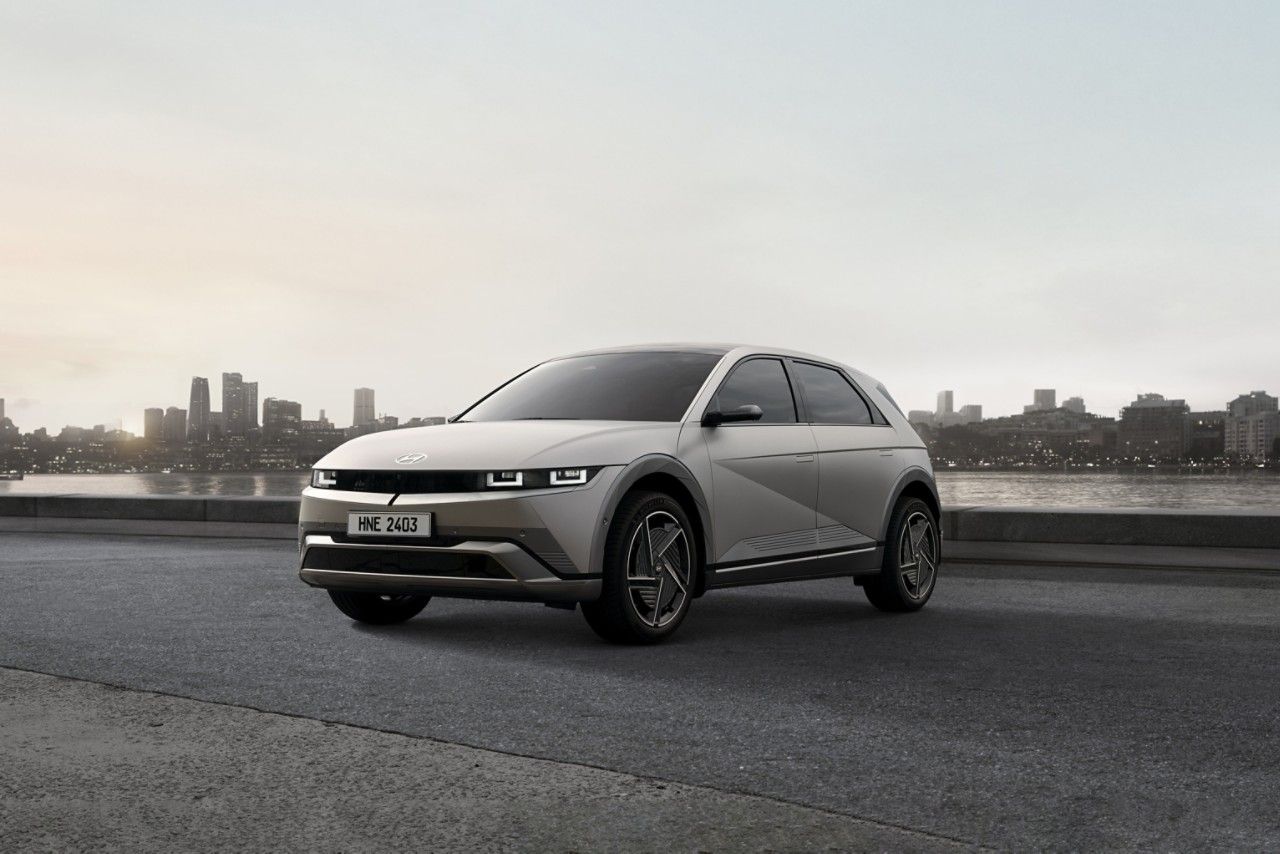It's an interesting conundrum in my view. On the one hand it seems that a hybrid with a petrol engine and around a 30 mile battery range would be perfect for my needs and for most people too. This way I could use it exclusively on battery to run around near home to go shopping and so forth and take advantage of the wonderfully wide parking bays with free charging offered by certain supermarkets in my area.
But, as with everything, one cannot have their cake and eat it too. Hybrids potentially introduce more complexity, weight, reliability questions and service charges. I certainly would not purchase one second hand looking at how they operate. When you set off it will be on battery for most people until they get to a faster dual carriage way road or highway/freeway/motorway. This is when many people will put their foot down to accelerate waking up the petrol engine probably for the first time. The engine is completely cold and needs to kick into action (none of the hybrids from the popular brands currently make any attempts to preheat the engine or oil).
This sounds like a recipe for disaster in the long term to me, yet the manufacturers seem to encourage this sort of driving pattern. To me this is a game purely to reduce their fleet emissions and they obviously do not care what happens to these vehicles once the warranty has expired.
There is also an element of wanting to be tax efficient. With the way car company tax works in the UK, even a hybrid will cost me more than I feel like paying. So I only really have a choice between a 1 tonne pickup truck, or a full EV, for various and boring reasons for this vehicle.
Zero annual road tax, low company vehicle tax, low running and servicing costs are all mighty appealing and have made me truly consider getting an EV for the daily runabout. When I do have to commute it's either a few miles to the train station to get to London, or 90 miles to get to Heathrow Airport. Occasionally I commute about 180 - 200 miles to do some stuff in the "midlands" area of the UK, but this is a trip up on a Monday and a trip back on a Thursday, or Friday. The charging infrastructure already present will meet my needs and it's only going to keep growing.
I do indeed have access to overnight charging and I have considered how I would use the car. I am lucky enough to have a few other cars. This would very be much be the family beater car that I'll not care about where I park and if it gets dinged, or scratched by Joe Moron. I have also played around with a better route planner and an EV like a VW ID.4 would get me to ski resorts in France and Austria with only a few hours extra over an ICE powered vehicle. That would be the longest journeys it would be used for because the thought of taking a nice onto the salted / gritted roads gives me the shivers. Sure, there are real world elements at play, but the majority of such a journey would be in well above freezing temperatures anyway. As long as I can get around 200 miles of range within 30 minutes on a fast charger, or less, I am happy.
I live in a very mild part of the south of England by the coast. We even have palm trees that thrive in the area. I am not too concerned about the cold weather impacts on range.
View attachment 5102
I could probably wait, but I am getting tired of servicing the Nissan, especially at this point, since more and more stuff needs replacing every year.
We have a bit of a soft spot for Hyundai. We had a 2004 Santa Fe 2.7 V6 with offroad white lettered tires that the wife used as the "dirty" car to go the stables and so forth for about 13 years. It was damn ugly, but had a heart of gold, never let us down, and was just as comfortable as something like a Range Rover Sport.

